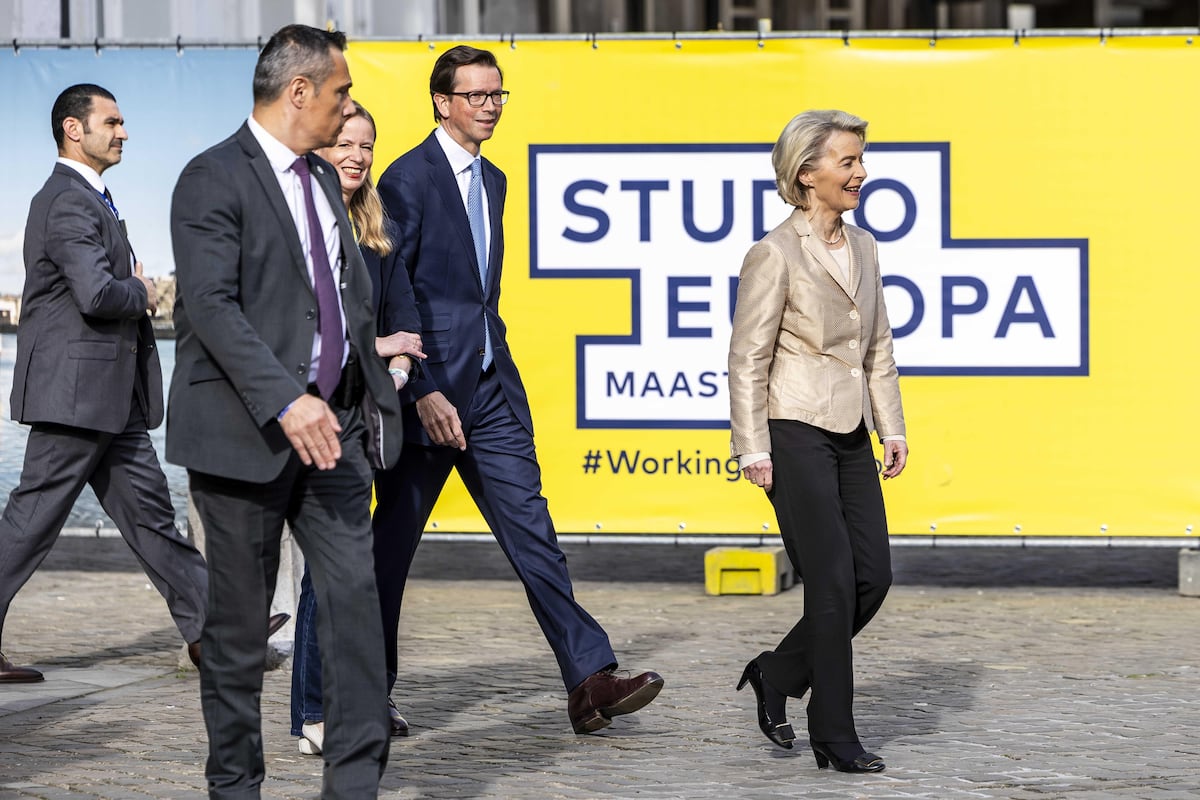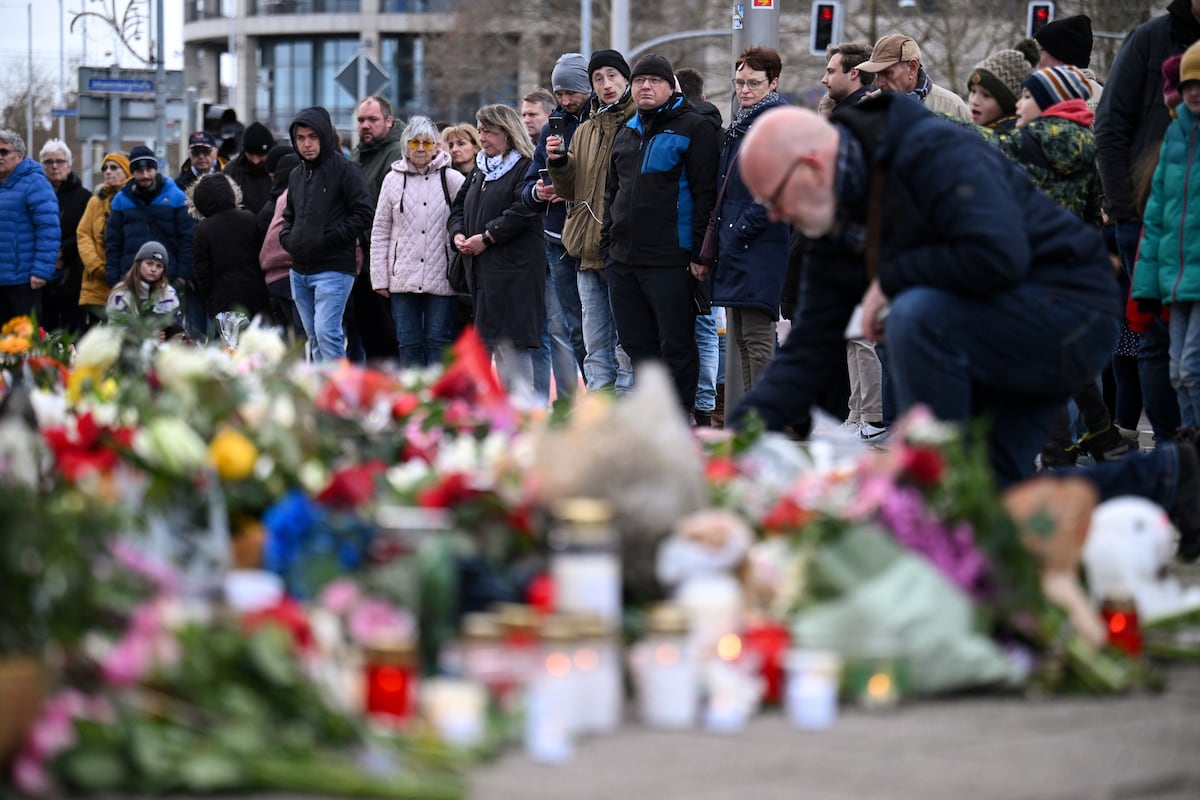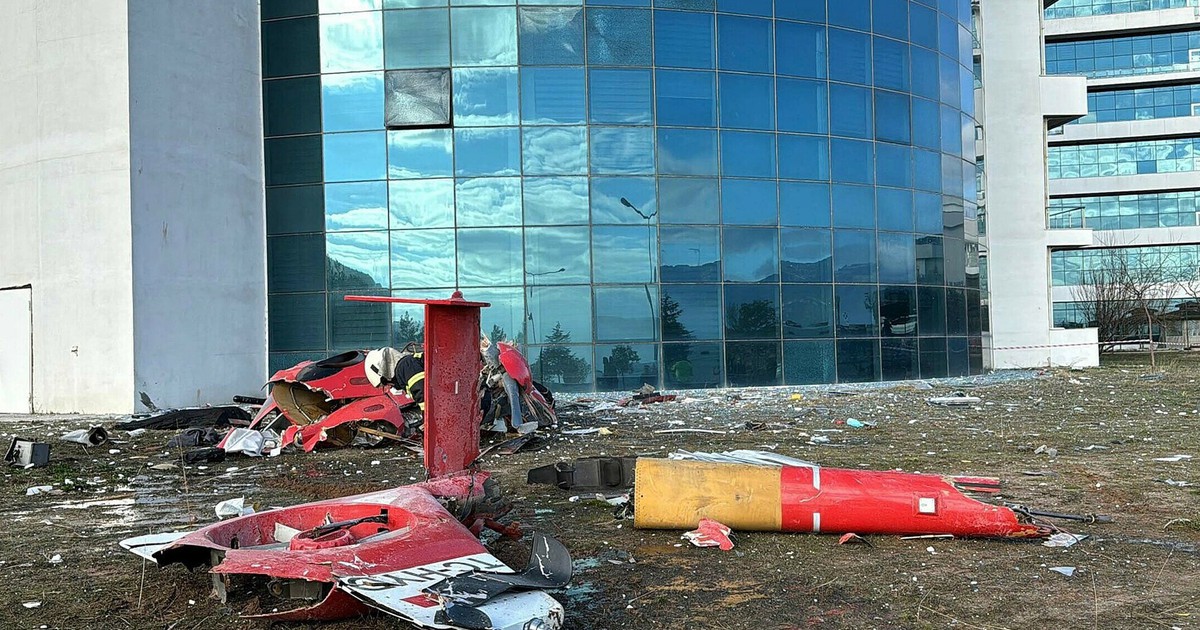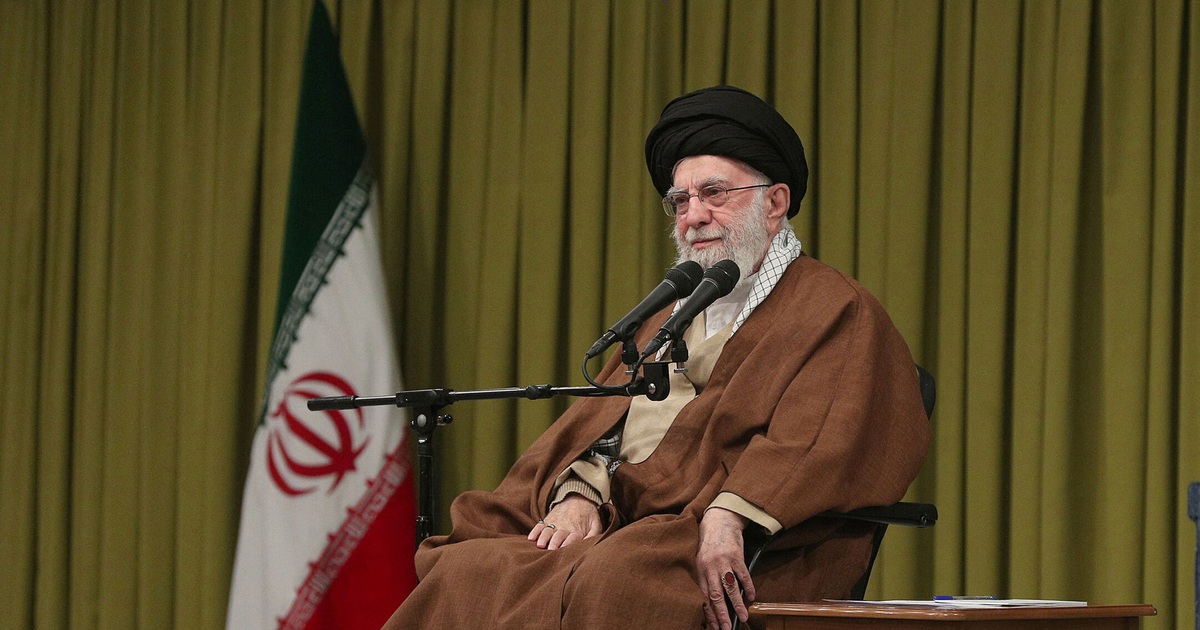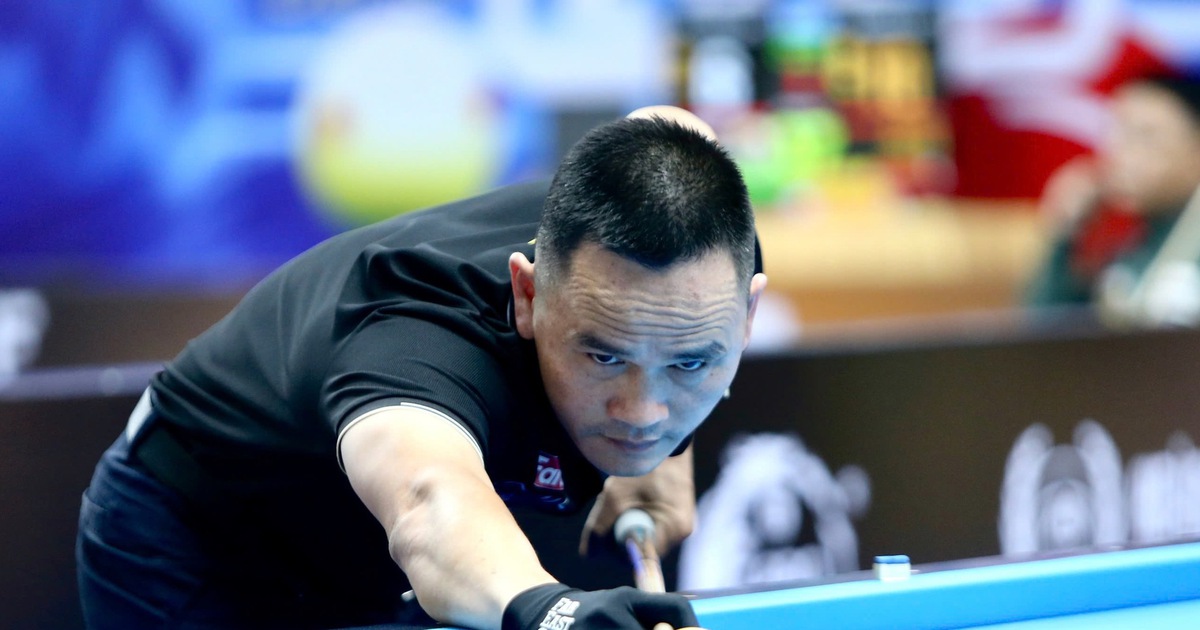The European social democrats warn the German conservative Ursula von der Leyen: if she makes an agreement with the extreme right after the elections to the European Parliament on June 9, they will not revalidate the great coalition between socialists and popular that has maintained the political structure of the European Union for 70 years. The agreements after the key elections and the configuration of what may be the most polarized and right-leaning European Parliament in its history, could represent a major earthquake. And Von der Leyen, the main candidate of the European People’s Party (EPP) to continue leading the European Commission, has revealed herself. She has already made it clear what her gestures and speeches had been implying for many months: that for her not all of the extreme right is the same and that she is willing to make an agreement with the European Reformists and Conservatives (ECR). That group includes the Eurosceptics of Vox; to the ultras of the Brothers of Italy – the party of Giorgia Meloni, whom she has been courting since she came to power; or Reconquista, by Frenchman Eric Zemmour, one of the great disseminators of the great replacement conspiracy theory.
The president of the Party of European Socialists, Stefan Löfven, was blunt this Tuesday after Von der Leyen’s statements in a political debate on Monday night. “Values and rights cannot be compromised depending on the next Parliament,” said the former Swedish Prime Minister. “Either you want to deal with the extreme right or not. As progressives, we can firmly say: there is no coalition in the European Parliament with Identity and Democracy (ID) or with ECR,” Löfven concluded in a message on the networks. Nicolas Schmit, European Commissioner for Social Rights and leading candidate (spitzenkandidat) of the Socialists and Democrats (S&D) to lead the Commission, he already noted this in March in an interview with this newspaper. “There is no possible compromise with the extreme right or with those who protect it,” he said.
Von der Leyen’s gesture could thus complicate the support not only of the Social Democrats in the European Parliament, but also of leaders like Pedro Sánchez, with whom he has excellent harmony. It is the heads of state of the Twenty-seven who would elect her, as a preliminary step, in the distribution of major positions after the elections. The European Parliament must then confirm her appointment. The Spaniard is one of the European leaders who has warned the most about the effects of the rise of the extreme right on the rights of citizens and the health of European democracy.
Von der Leyen, for whom things are becoming more complicated to revalidate her mandate, but who remains the favorite of the official candidates, is drawing her own cordon sanitaire. The German Christian Democrat already said in her nomination speech at the European People’s Congress in March, in Bucharest, that she is closed to agreeing with the Alternative for Germany or the National Rally of the Frenchwoman Marine Le Pen. These forces, whom she calls “Putin’s friends”, are part of the ID group in the European Parliament. The head of the community Executive is open, however, to doing so – now clearly – with other parties that have not shown closeness to Russia – or that have left the matter forgotten -, such as the Brothers of Italy.
Meloni’s ultra party, which is also heading to the European elections in a gesture of enormous symbolism, governs in coalition with Forza Italia (from the EPP family) and with the League, of Matteo Salvini, a politician who is now no longer brings up the Russian issue but until recently he wore t-shirts with the face of Vladimir Putin. The Italian Prime Minister is also the president of the European ECR group to which Von der Leyen is making advances. Von der Leyen’s political family, the popular Europeans, have already courted Meloni – basically it was Forza Italia, which was Silvio Berlusconi’s party that paved the way for his arrival in the Italian Government – as they have done with the Czech Cristian Fiala’s party. .
For Iratxe García, leader of the Socialists and Democrats (S&D) in the European Parliament, this hypothetical alliance of Von der Leyen with ECR after the European elections in June is not the way. “Europe needs to stop those who want to destroy our democracies,” he said this Tuesday, in the midst of the first electoral debate from which few messages came out, except for Von der Leyen’s opening towards part of the far right.
Join Morning Express to follow all the news and read without limits.
Subscribe
The German conservative, like the president of her European family before her, Manfred Weber, further to the right than her, draws her red lines on three elements: her hypothetical partners must be pro-Ukraine and European, support the rule of law and pro- NATO. Von der Leyen does not enter into the fine line: Vox has cried out against the “Eurocrats of Brussels” and is a party that wants to eliminate a woman’s right to freely decide about her motherhood, in addition to speaking against a key point of the Spanish Constitution as is the State of the autonomies. Brothers of Italy has supported with a law the harassment of anti-women’s rights movements who go to health clinics that practice voluntary termination of pregnancy. Reconquista spreads the hoaxes of the theory of the great replacement that assures that there is a plan to replace European (and white) society.
Follow all the international information onFacebook andxor inour weekly newsletter.
.
.
_

